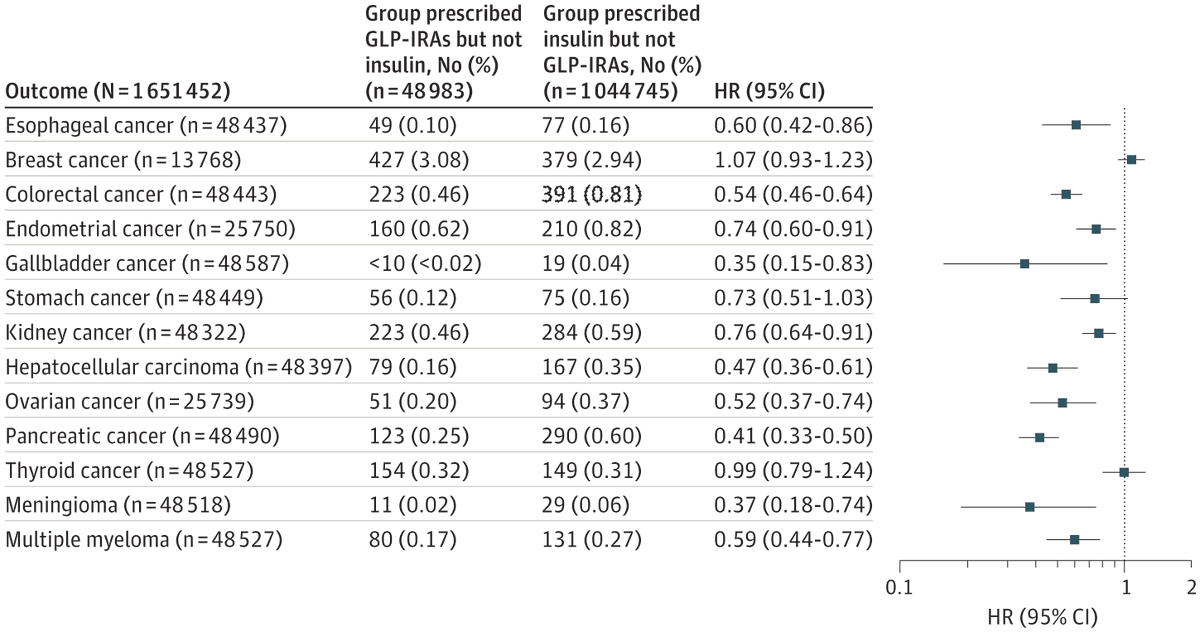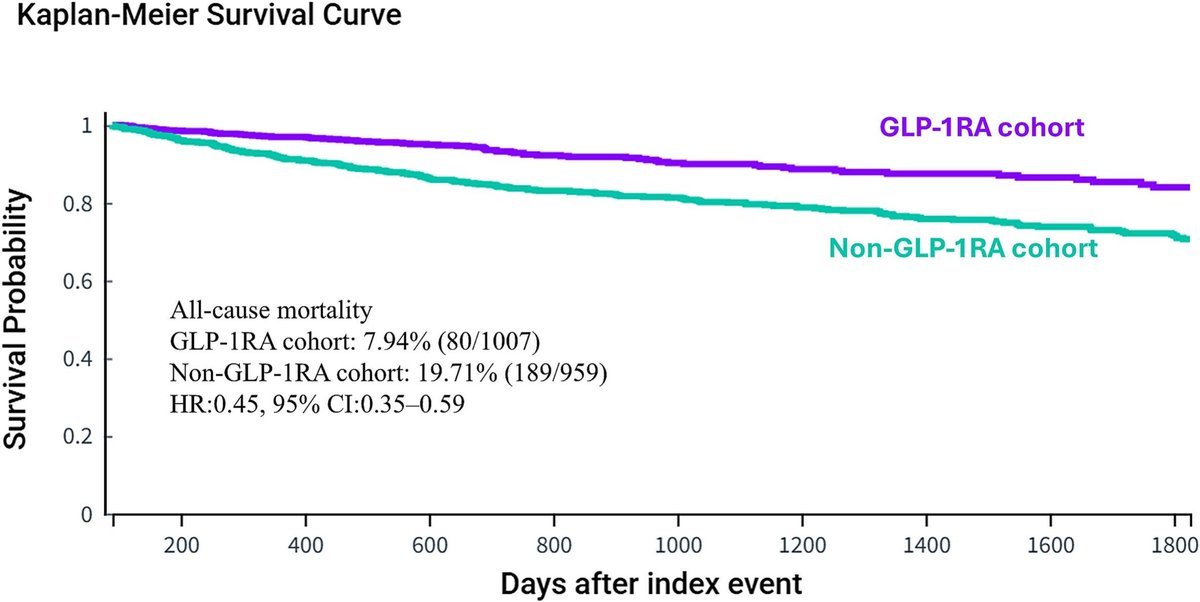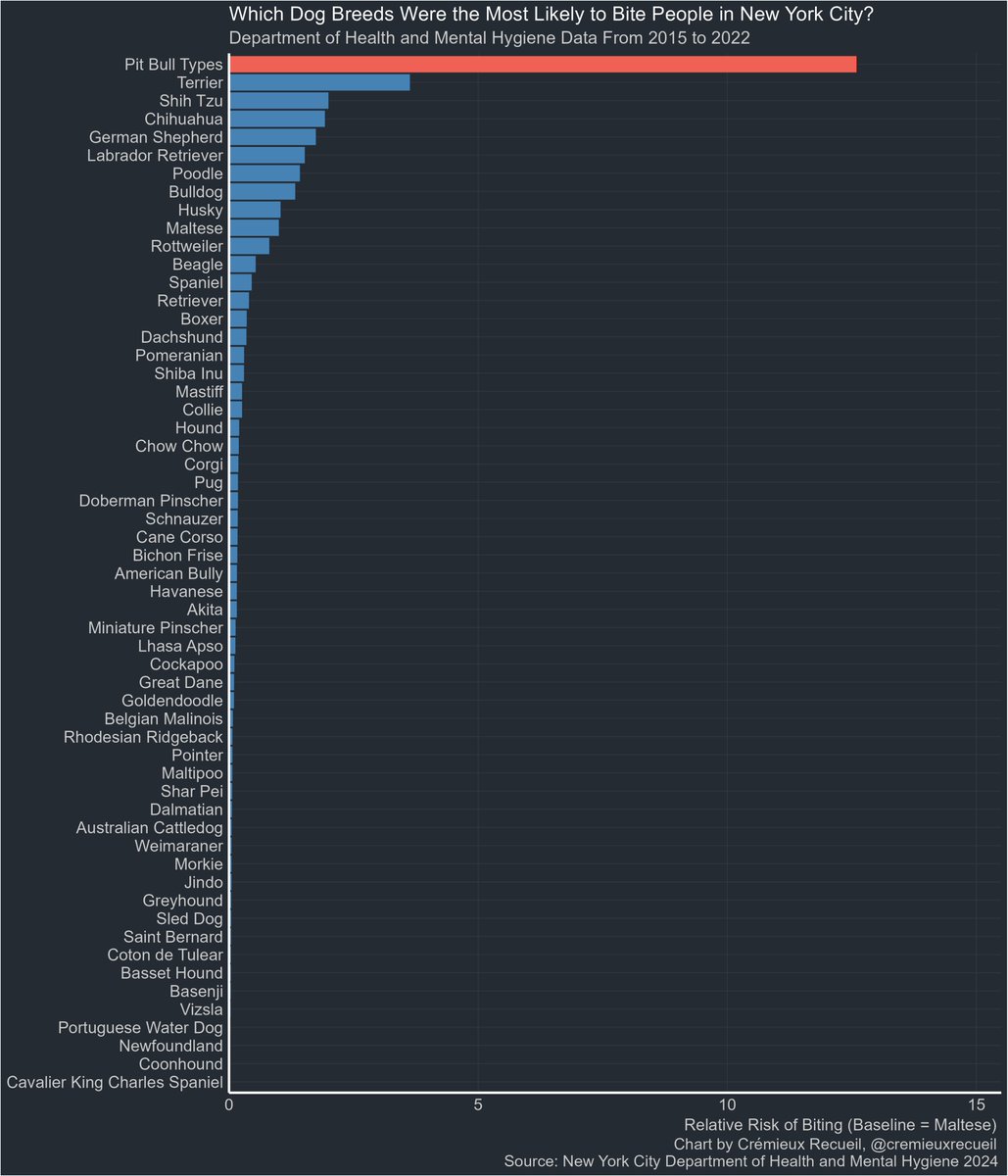It's so good to see more gene therapies getting worked on.
This one is particularly amazing because it's effectively a one-shot, permanent Exenatide—making humans produce a version of the compound in Gila monster venom like lifelong Ozempic!
But is it safe?
Probably! Short🧵
This one is particularly amazing because it's effectively a one-shot, permanent Exenatide—making humans produce a version of the compound in Gila monster venom like lifelong Ozempic!
But is it safe?
Probably! Short🧵
https://twitter.com/kimmonismus/status/1945592299846516874

In the picture I posted above, you can see the effects of having variants that increase the effect of the gene GLP1R.
This was relevant when I was discussing compositional effects of GLP-1RAs. As you can see, bodyfat *percentage* declines with higher natural GLP-1R agonism.
This was relevant when I was discussing compositional effects of GLP-1RAs. As you can see, bodyfat *percentage* declines with higher natural GLP-1R agonism.
I went ahead and checked the effects of the same SNPs and an extended set of SNPs on the effects of GLP1R on colorectal cancer risk.
It seemed to reduce it (pic is an excerpt from one of my subscriber-only posts).
It seemed to reduce it (pic is an excerpt from one of my subscriber-only posts).

But the thing here is exendin-4, which has a synthetic analog in the early GLP-1RA exenatide. It shows 53% sequence identity with human GLP-1, but with a glycine substitution and 9 extra amino acid residues on its C-terminus, for stability.
So it's not exactly what I targeted.
So it's not exactly what I targeted.
But it is highly similar, and the differences should not make it have many different phenotypic effects.
That said, exendin-4 has been associated in preclinical data with reduced incidence of various types of cancers.


That said, exendin-4 has been associated in preclinical data with reduced incidence of various types of cancers.



As far as I can tell, exenatide has the same cancer risk profile as the newer, stronger GLP-1RAs like semaglutide and tirzepatide, it's just weaker.
So, it should come with a reduced risk of several obesity-associated cancers like GLP-1RAs in general seem to be.
So, it should come with a reduced risk of several obesity-associated cancers like GLP-1RAs in general seem to be.

Since this stuff should have the same safety profile as the drug itself, it's likely just as safe.
And that means, it's likely safe. But not only is it likely safe, it's likely effective and protective.
I'm reasonably certain that this gene therapy will deliver major benefits.
And that means, it's likely safe. But not only is it likely safe, it's likely effective and protective.
I'm reasonably certain that this gene therapy will deliver major benefits.
Sources:
ec.bioscientifica.com/view/journals/…
link.springer.com/article/10.100…
diabetesjournals.org/diabetes/artic…
jamanetwork.com/journals/jaman…
gynecologiconcology-online.net/article/S0090-…
Also: liebertpub.com/doi/10.1089/di…
ec.bioscientifica.com/view/journals/…
link.springer.com/article/10.100…
diabetesjournals.org/diabetes/artic…
jamanetwork.com/journals/jaman…
gynecologiconcology-online.net/article/S0090-…
Also: liebertpub.com/doi/10.1089/di…
• • •
Missing some Tweet in this thread? You can try to
force a refresh























